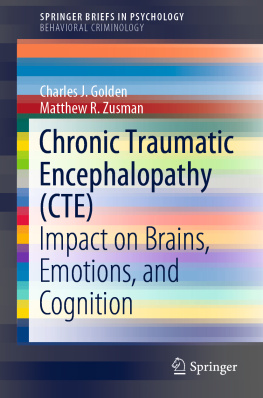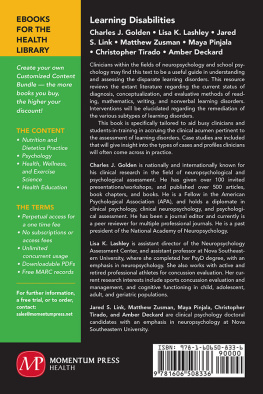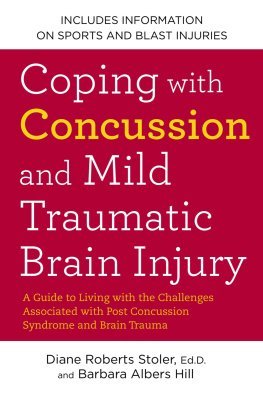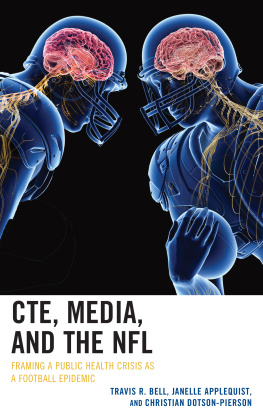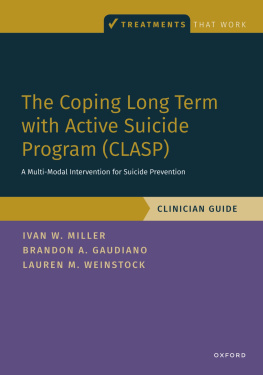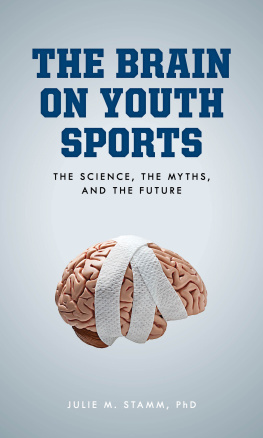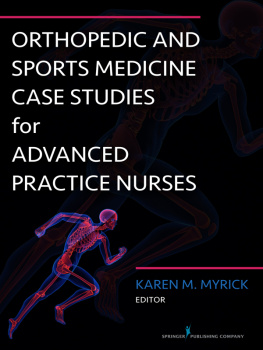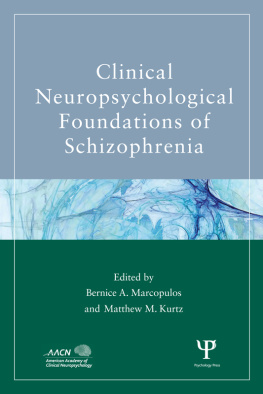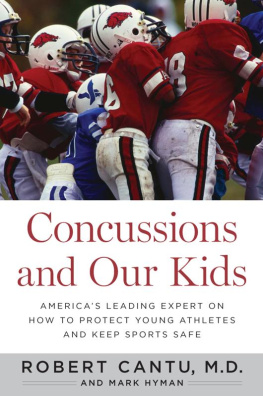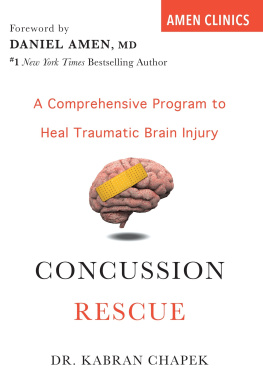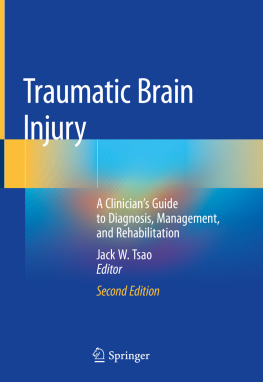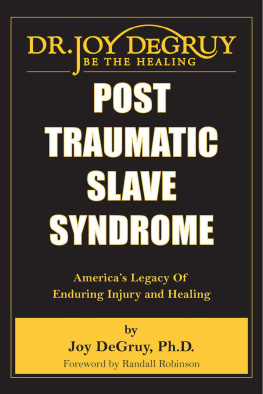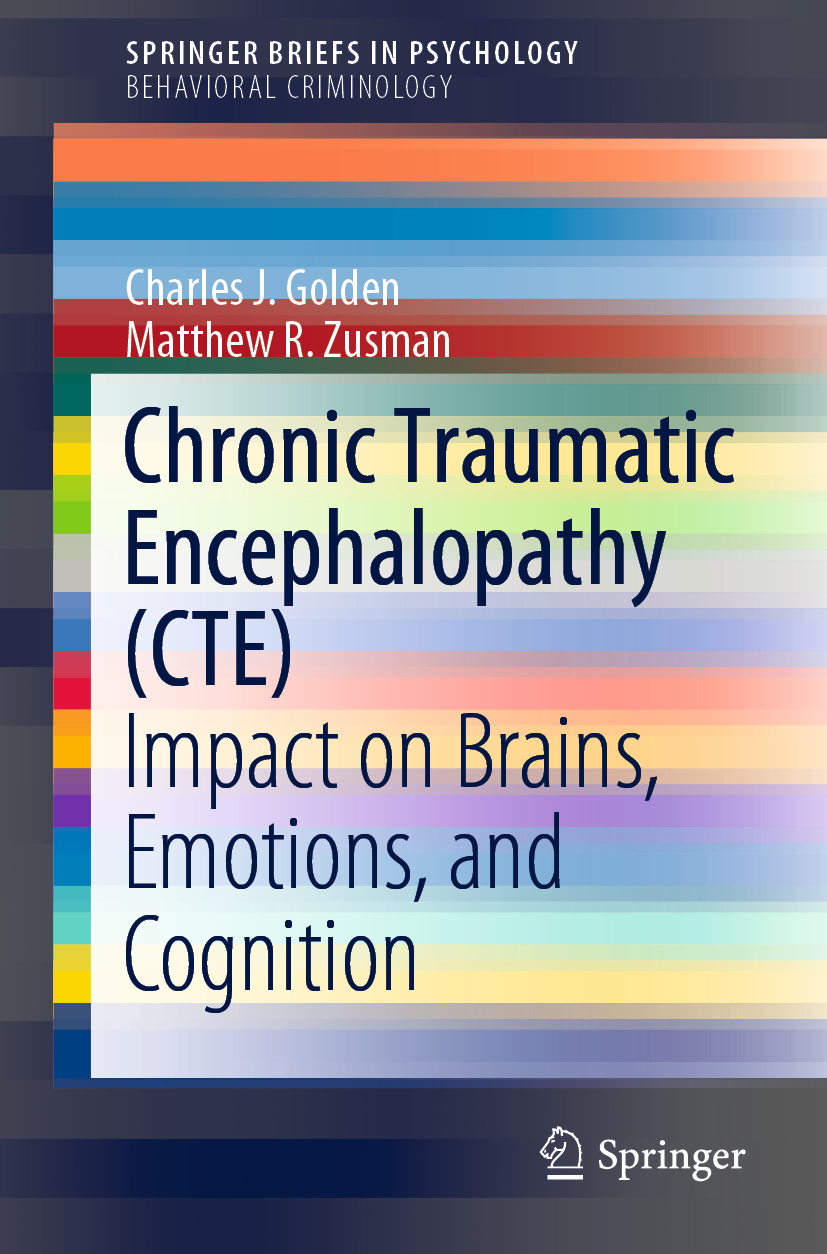SpringerBriefs in Psychology SpringerBriefs in Behavioral Criminology
Behavioral Criminology is a multidisciplinary approach that draws on behavioral research for the application of behavioral theories and methods to assessment, prevention, and intervention efforts directed toward violent crime and criminal behavior. Disciplines relevant to this field are criminology; criminal justice (law enforcement and corrections); forensic, correctional, and clinical psychology and psychiatry: neuropsychology, neurobiology, conflict and dispute resolution; sociology, and epidemiology. Areas of study and application include, but are not limited to: specific crimes and perpetrators (e.g., homicide and sex crimes, crimes against children, child exploitation, domestic, school, and workplace violence), topics of current national and international interest and concern (e.g., terrorism and counter terrorism, cyber crime), and strategies geared toward evaluation, identification, and interdiction with regard to criminal acts (e.g., hostage negotiation, criminal investigative analysis, threat and risk assessment). The aim of the proposed Briefs is to provide practitioners and researchers with information, data, and current best practices on important and timely topics in Behavioral Criminology. Each Brief will include a review of relevant research in the area, original data, implications of findings, case illustrations (where relevant), and recommendations for directions that future efforts might take.
More information about this series at http://www.springer.com/series/10850
Charles J. Golden and Matthew R. Zusman
Chronic Traumatic Encephalopathy (CTE) Impact on Brains, Emotions, and Cognition
Charles J. Golden
Department of Psychology, Nova Southeastern University, Fort Lauderdale, FL, USA
Matthew R. Zusman
Department of Psychology, Nova Southeastern University, Fort Lauderdale, FL, USA
ISSN 2192-8363 e-ISSN 2192-8371
SpringerBriefs in Psychology
ISSN 2194-1866 e-ISSN 2194-1874
SpringerBriefs in Behavioral Criminology
ISBN 978-3-030-23287-0 e-ISBN 978-3-030-23288-7
https://doi.org/10.1007/978-3-030-23288-7
The Author(s), under exclusive license to Springer Nature Switzerland AG 2019
This work is subject to copyright. All rights are solely and exclusively licensed by the Publisher, whether the whole or part of the material is concerned, specifically the rights of translation, reprinting, reuse of illustrations, recitation, broadcasting, reproduction on microfilms or in any other physical way, and transmission or information storage and retrieval, electronic adaptation, computer software, or by similar or dissimilar methodology now known or hereafter developed.
The use of general descriptive names, registered names, trademarks, service marks, etc. in this publication does not imply, even in the absence of a specific statement, that such names are exempt from the relevant protective laws and regulations and therefore free for general use.
The publisher, the authors and the editors are safe to assume that the advice and information in this book are believed to be true and accurate at the date of publication. Neither the publisher nor the authors or the editors give a warranty, expressed or implied, with respect to the material contained herein or for any errors or omissions that may have been made. The publisher remains neutral with regard to jurisdictional claims in published maps and institutional affiliations.
This Springer imprint is published by the registered company Springer Nature Switzerland AG
The registered company address is: Gewerbestrasse 11, 6330 Cham, Switzerland
Contents
About the Authors
Charles J. Golden, Ph.D., ABPP, ABCN, ABPN, ABAP
is nationally and internationally known for his clinical research in the field of neuropsychological and psychological assessment. He has given over 100 invited presentations/workshops and published over 500 articles, chapters, and books. He is Fellow in the American Psychological Association (APA) and holds a diplomate in clinical psychology, clinical neuropsychology, and psychological assessment. In recognition of his clinical and research accomplishments, he has received the Distinguished Neuropsychologist Award from the National Association of Neuropsychologists in 2003. He has been a journal editor and currently is a peer reviewer for multiple professional journals. He is Past President of the National Academy of Neuropsychology.
Matthew R. Zusman, M.S.
earned his BA in psychology at University of California Los Angeles and is currently pursuing his PsyD in clinical psychology from Nova Southeastern University. His current research focuses on exploring the combined factor structure of popular objective personality assessments and identifying metrics to discriminate between different types and severity levels of neurodegenerative diseases. He is Program and Research Coordinator for the Nova Counseling Center for Older Adults at the Psychology Services Center at Nova Southeastern University. He has been the first author on seven posters that were accepted to major national conferences in the field of neuropsychology and co-authored a book on the neuropsychological assessment of learning disorders. He is also Event Coordinator and Director of student chapters for the Society for Brain Mapping and Therapeutics (SBMT).
The Author(s), under exclusive license to Springer Nature Switzerland AG 2019
Charles J. Golden and Matthew R. Zusman Chronic Traumatic Encephalopathy (CTE) SpringerBriefs in Psychology https://doi.org/10.1007/978-3-030-23288-7_1
1. Prologue and Introduction to CTE and Aggression
Charles J. Golden
(1)
Department of Psychology, Nova Southeastern University, Fort Lauderdale, FL, USA
(2)
Department of Psychology, Nova Southeastern University, Fort Lauderdale, FL, USA
Charles J. Golden (Corresponding author)
Email:
Keywords
CTE Aggression Brain injury Head trauma Neuropsychology Neuropsychiatry Neurology Treatment Testing Rehabilitation Dementia Suicide Diagnosis
The term Chronic Traumatic Encephalopathy (CTE) has recently gained a significant amount of public attention and media coverage, which is partially due to several high profile suicides of former professional athletes, multiple lawsuits filed against the National Football League (NFL), and a popular Hollywood film. Parents and caregivers all across the U.S. are re-evaluating the decision to allow their child to play American football and other contact sports for fear their child might develop neurological complications later in life. The Concussion Crisis has contributed to a significant drop in the number of boys ages six to twelve who are participating in tackle football during the last decade. However, a proportion of the information disseminated through the media pertaining to the etiology, neuropathology, and clinical manifestations of CTE are not corroborated by empirical research, and are disputed by prominent researchers who study sports related head injury.

